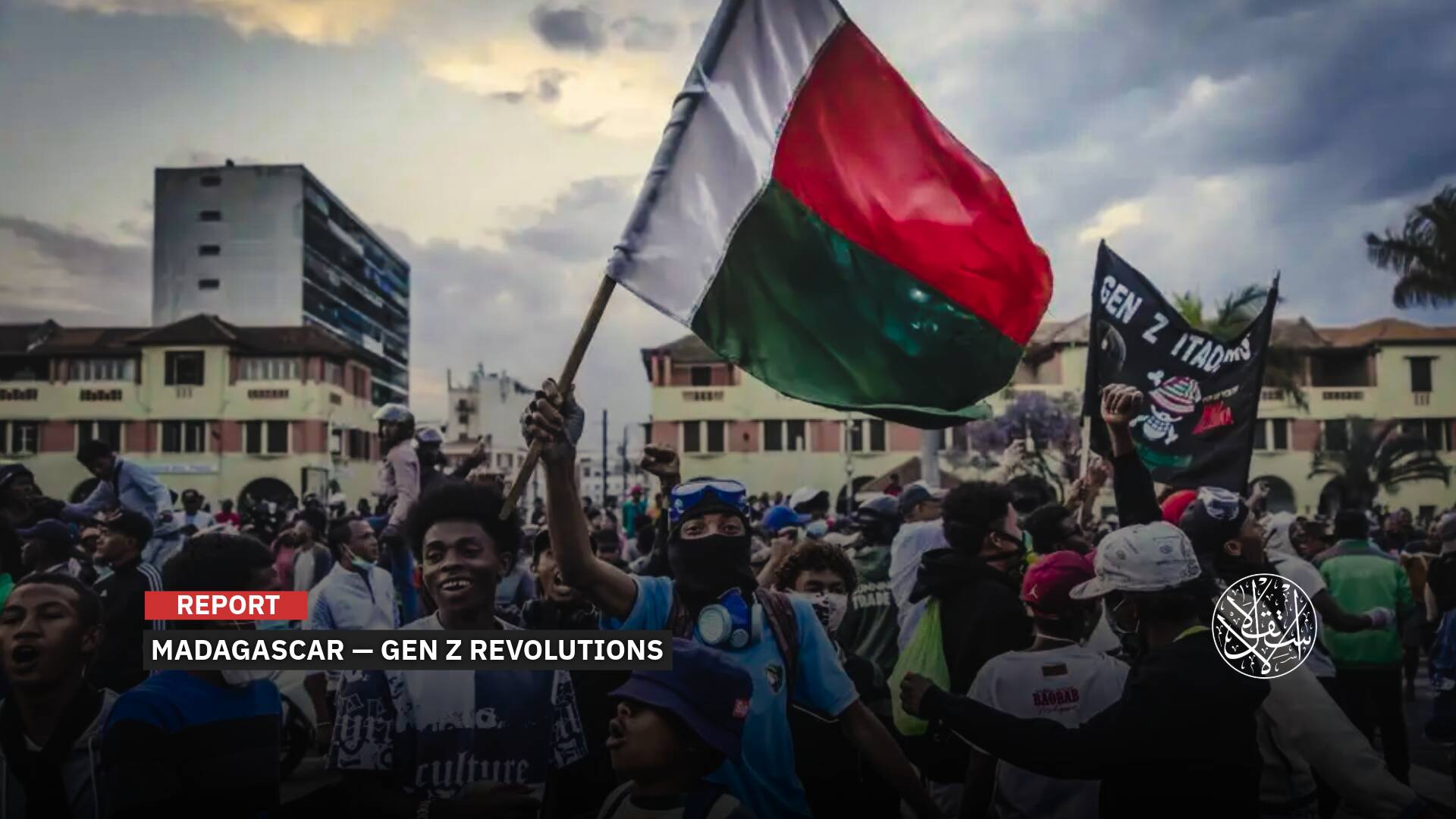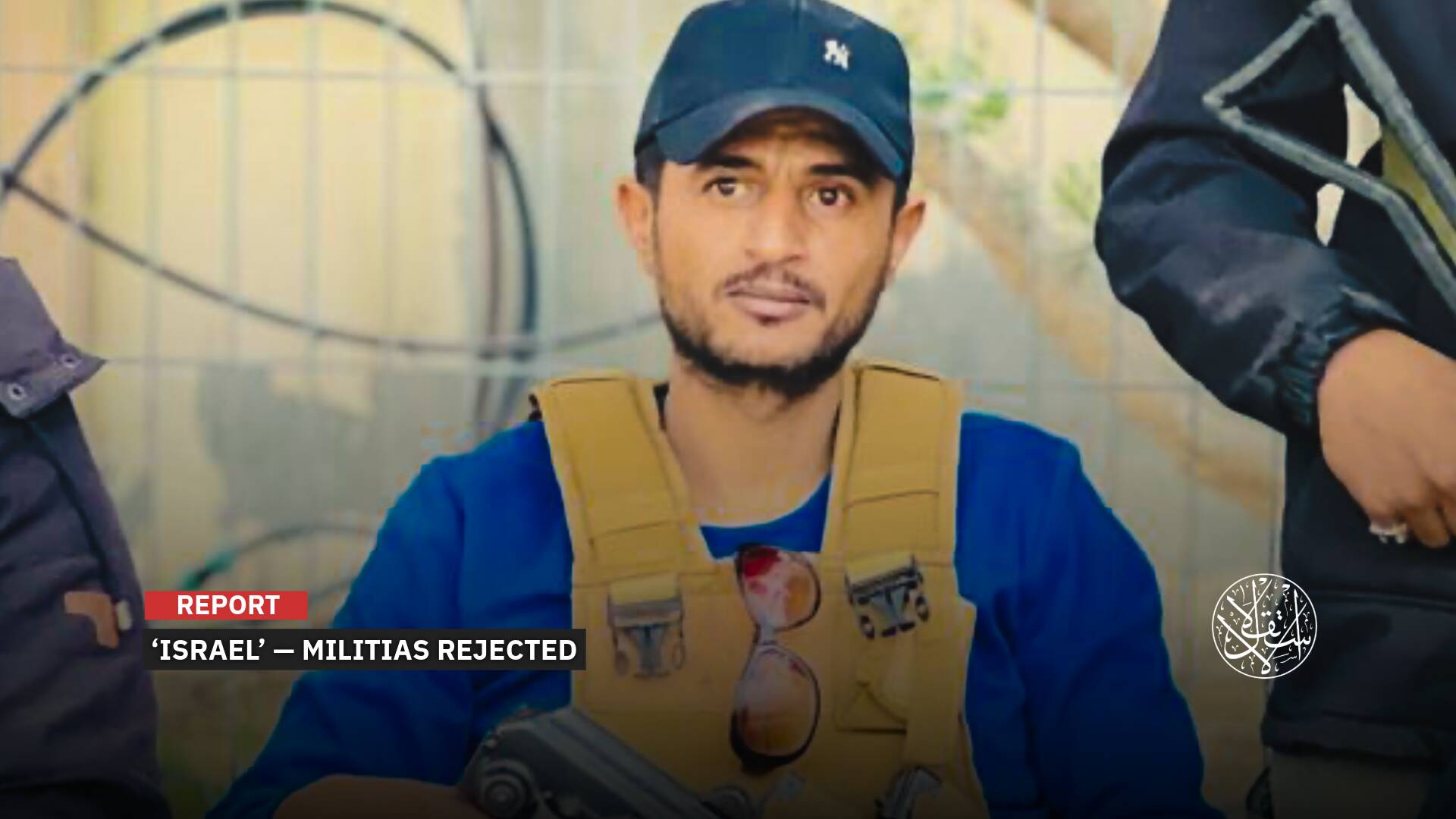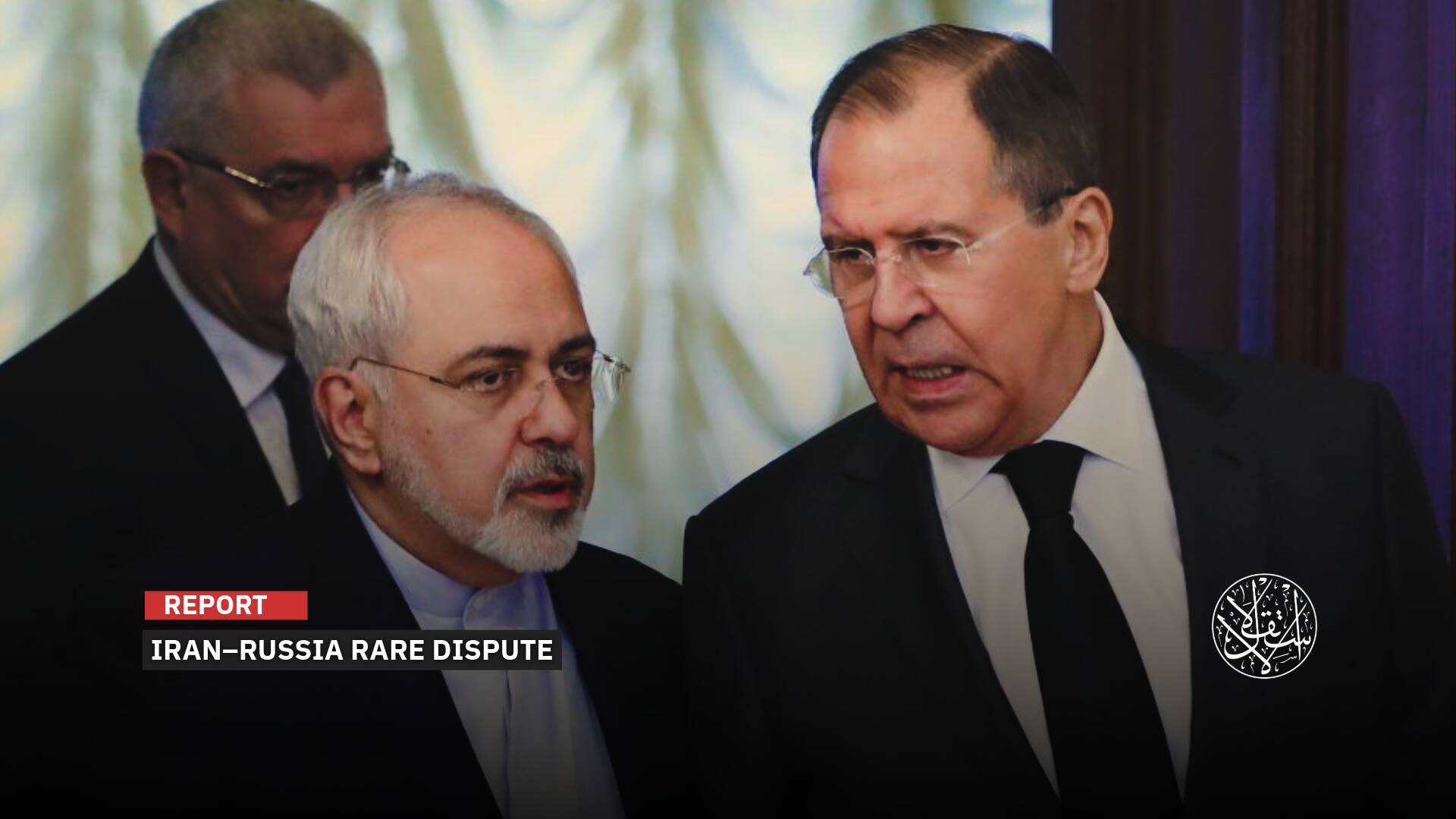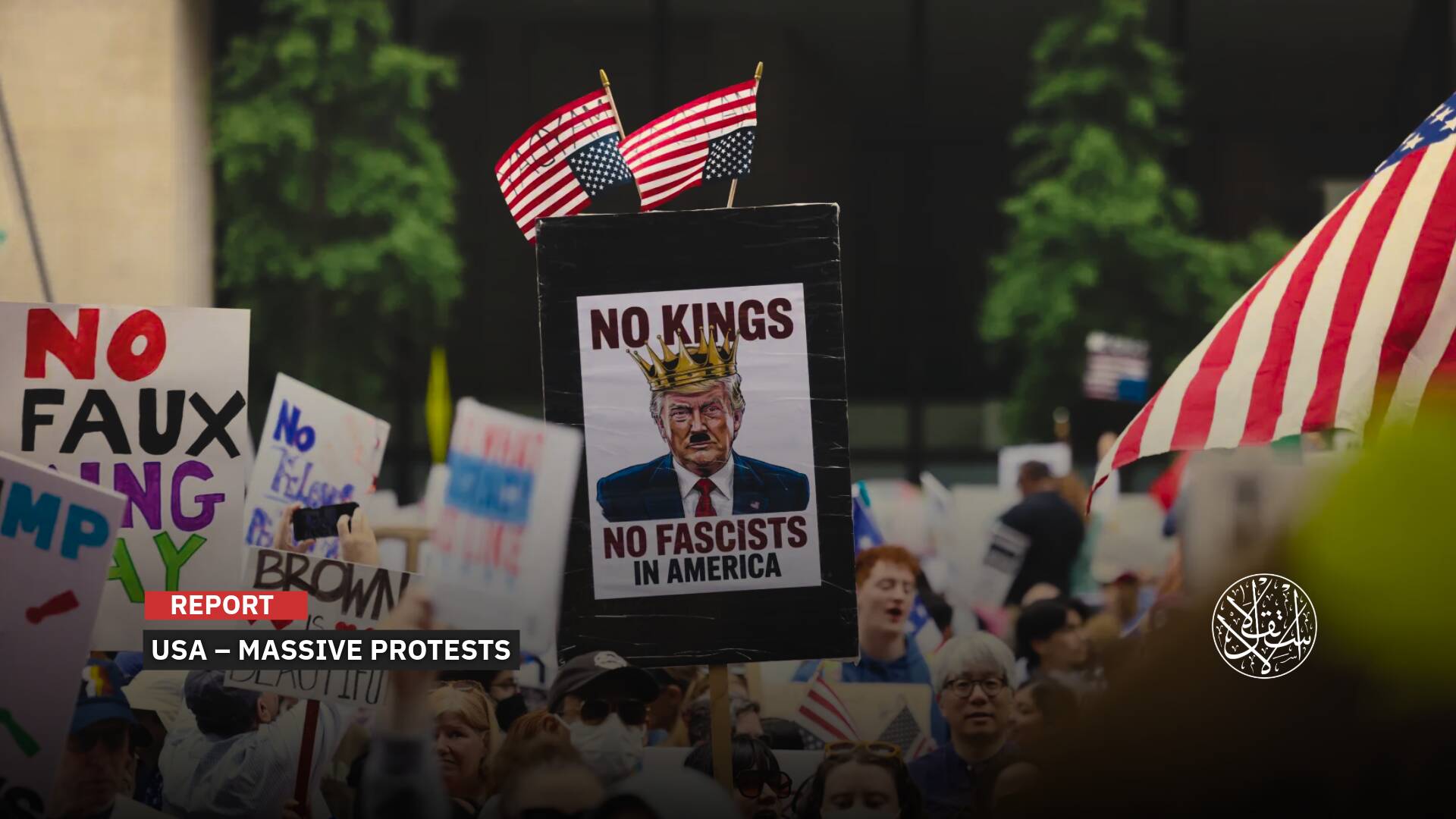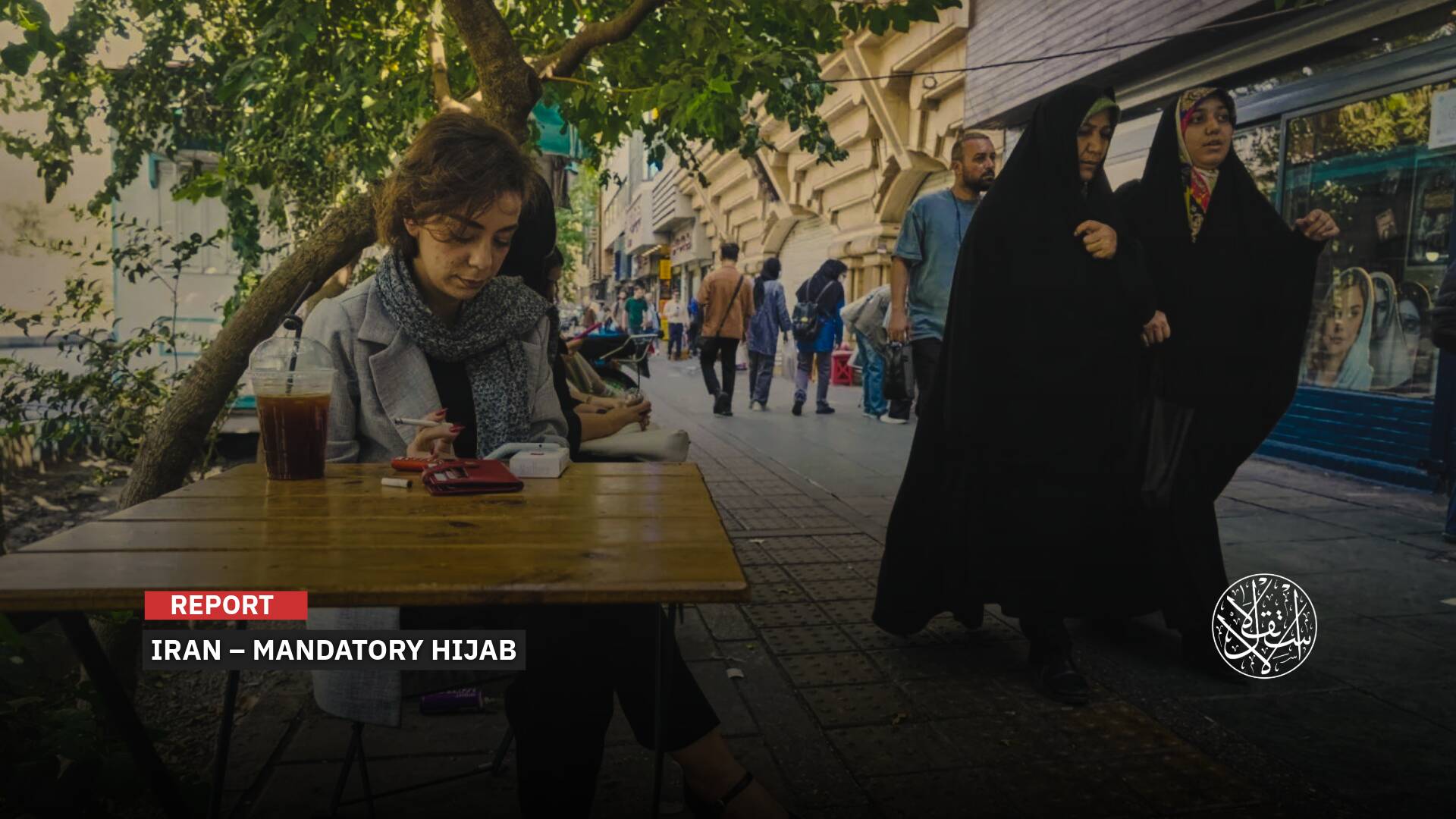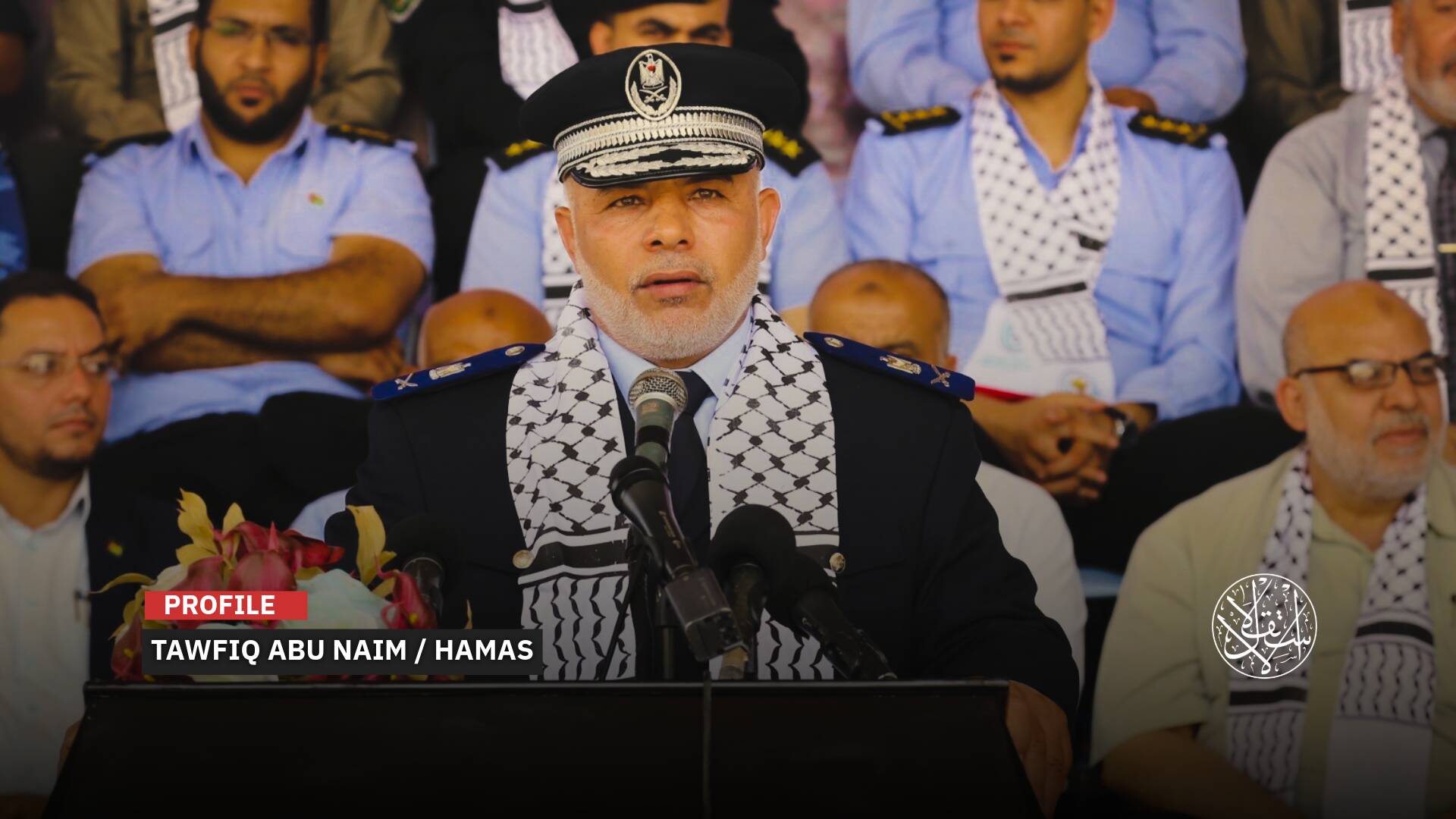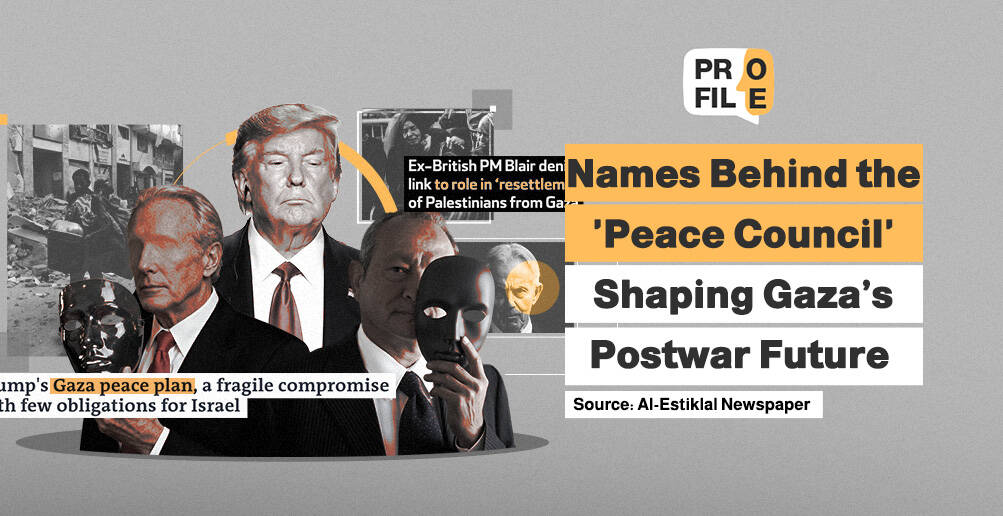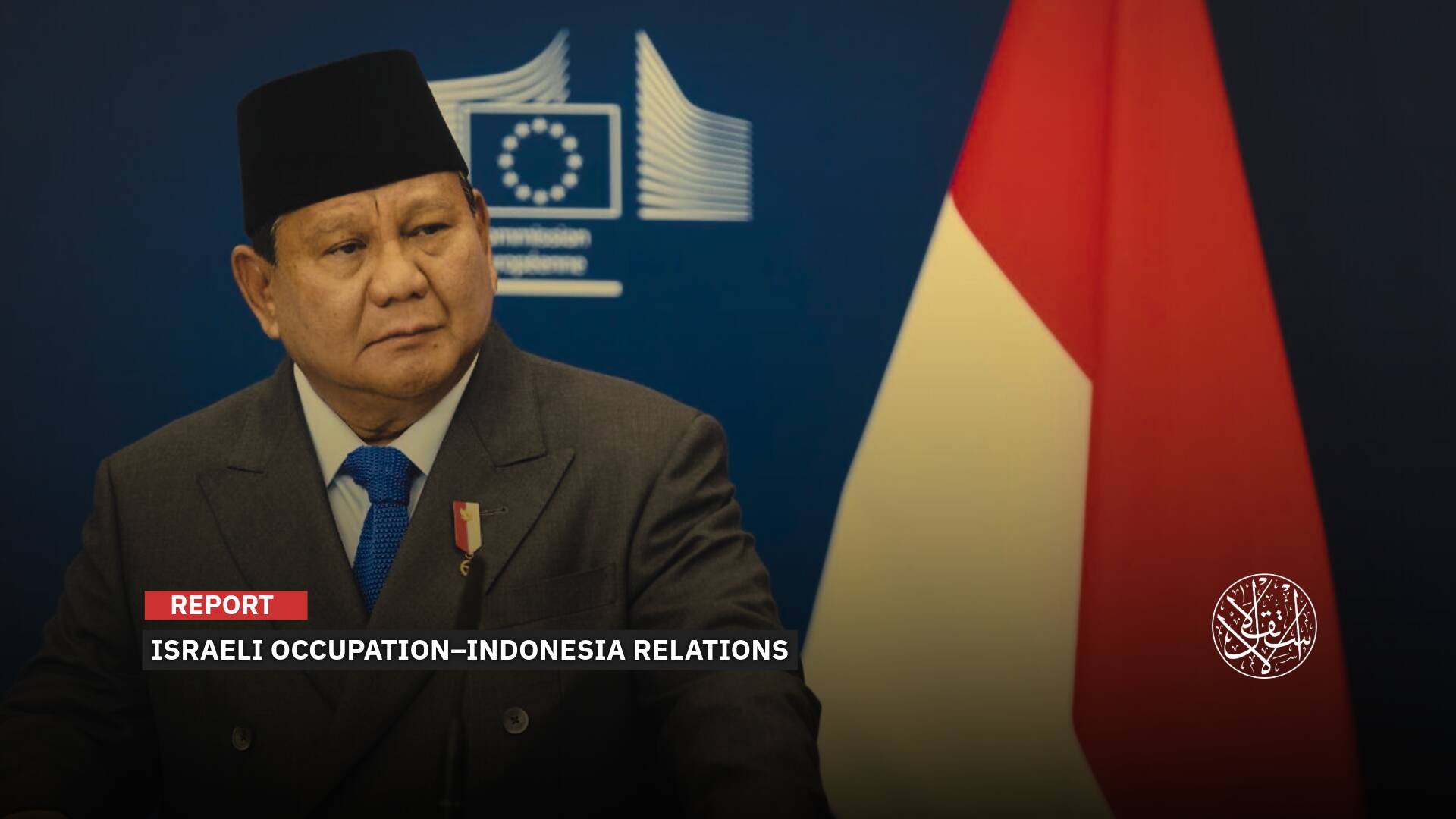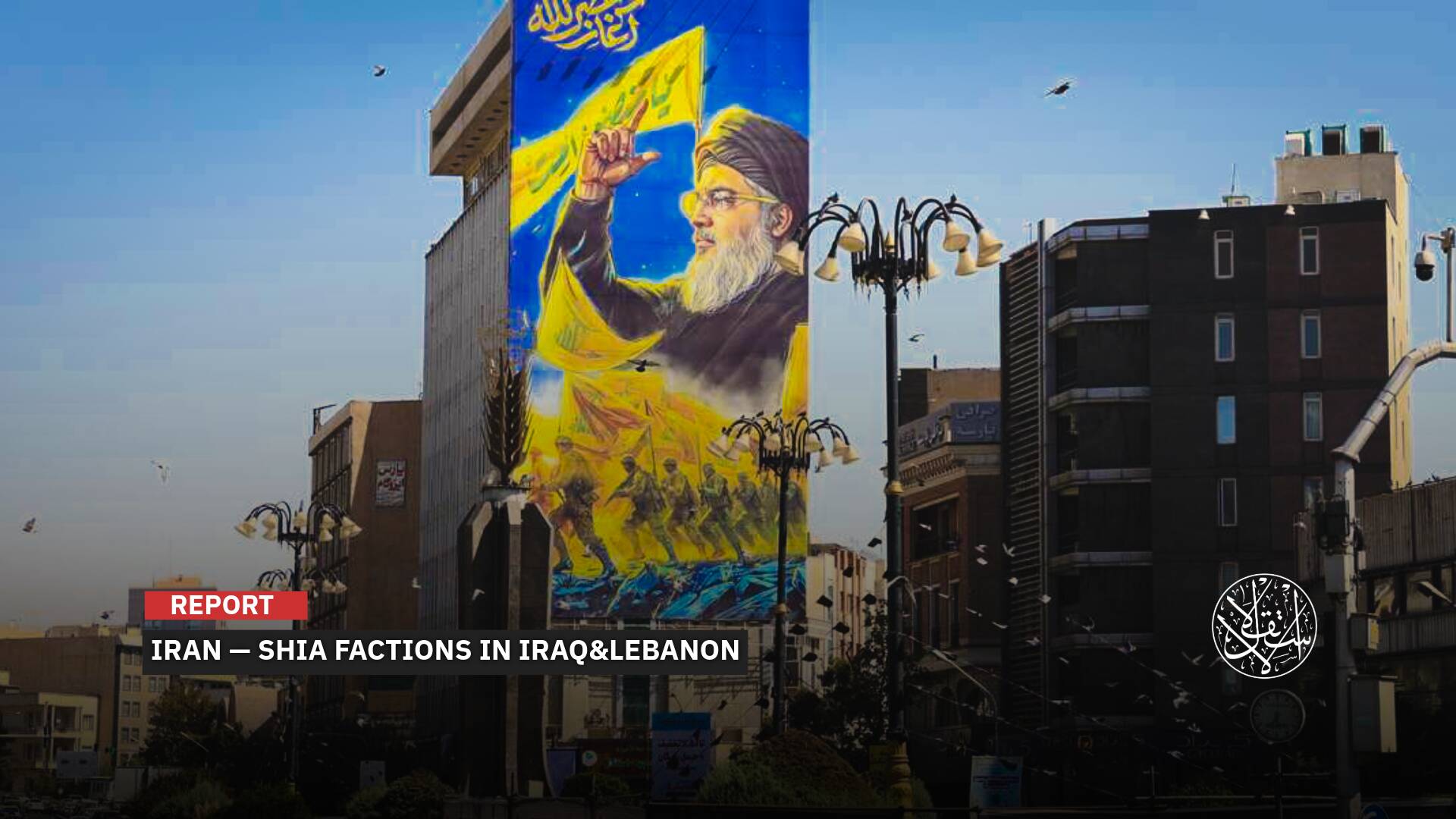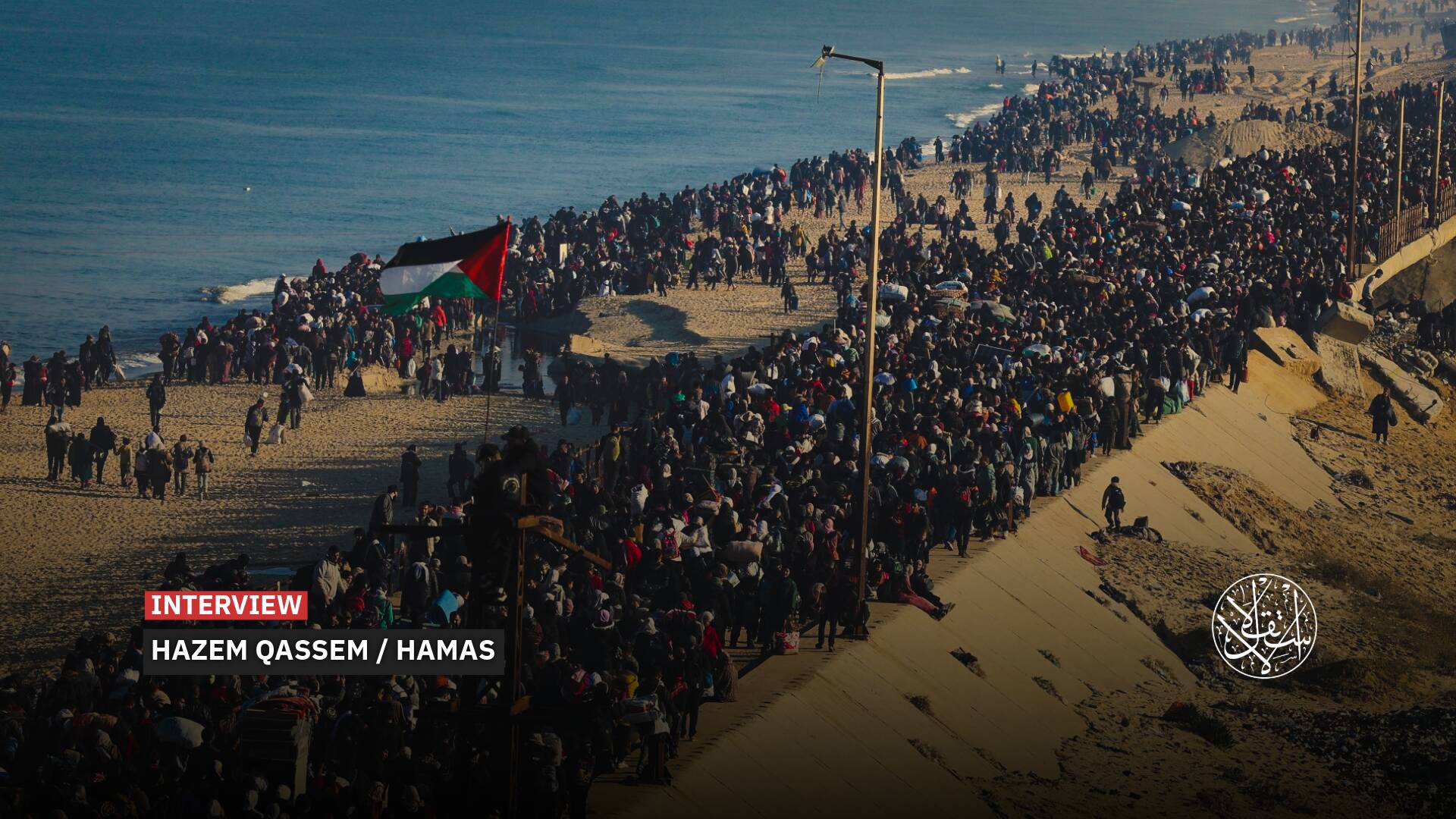Why Did America Grant MBS Immunity in the Khashoggi Case?

After a series of US threats to punish Saudi Crown Prince Mohammed bin Salman (MBS) after OPEC+ decided to cut oil production to serve Russia, the opposite happened. The United States rewarded him with judicial immunity in the case of the murder of Saudi journalist Jamal Khashoggi in 2018.
The US government had a deadline by the judiciary of November 17, 2022, to submit an opinion regarding MBS’s possession of immunity on US soil, only for the Joe Biden administration to respond before the deadline that he had “immunity.”
Observers considered the US position a massive retreat by Biden, who promised to punish MBS during his presidential campaign, while others downplayed the importance of immunity, stressing that the government recommendation is not binding on it, and the court can take it or not.
Relations are Strained
The White House on November 18 tried to soften the situation by declaring that the judicial immunity of the Saudi crown prince, who is being prosecuted in a US court in the case of Khashoggi’s murder, “has nothing to do” with relations “that remain tense” between Washington and Riyadh.
US National Security Council spokesman John Kirby told reporters: “This has absolutely nothing to do with the bilateral relationship with Saudi Arabia, which, as you know, is tense at the moment.”
He explained that immunity is a decision issued by the Ministry of Justice, at the request of the State Department, “in accordance with international law regarding the status of the crown prince as prime minister,” meaning that it is legal immunity, not political, and therefore does not mean the Biden administration exonerates him.
Kirby recalled that Biden had previously publicly and very clearly denounced the “brutal and barbaric” murder of journalist Jamal Khashoggi, AFP reported on November 18.
On September 27, 2022, King Salman bin Abdulaziz decided to appoint Crown Prince Mohammed bin Salman as Prime Minister, in a move that observers considered at the time to protect him from prosecutions in the United States.
The State Department also justified granting MBS’s immunity by saying that he was recently appointed prime minister of Saudi Arabia, shielding him from a lawsuit filed by Khashoggi’s fiancée, Hatice Cengiz (Turkish), and Democracy for the Arab World Now (DAWN) (an American NGO).
On November 17, the ministry described the recommendation to shield MBS from standing in court as a “purely legal decision” and does not mean it does not condemn the murder of Jamal Khashoggi.
“The State Department does not take an opinion on the merits of the present case and reiterates its condemnation of the heinous murder of Jamal Khashoggi,” the document said.
“America’s adherence to the concept of sovereign immunity helps ensure that US leaders in turn do not have to worry about being referred to foreign courts to face lawsuits in other countries,” the department said.
MBS lawyers had asked the court in a petition filed on October 3, 2022, to dismiss the lawsuit because “the royal order appointing him as prime minister leaves no doubt that the crown prince deserves immunity.”
They cited other cases in which the United States recognized immunity for foreign heads of state.
Washington had previously granted former Egyptian Prime Minister Hazem al-Beblawi immunity on April 6, 2021, through which it prevented his appearance before the US judiciary in the case of the torture of activist Mohamed Sultan.

Implications
Reading the decision, US international law expert William Lawrence argued that “the US government’s statement to grant immunity to the Saudi crown prince means that it has become difficult to file a case against him in the United States.”
He told Alhurra on November 18 that “it has become easier for MBS to visit the United States.”
However, he stressed that the US government’s decision is not binding on the judiciary, but that “the case against MBS in relation to the murder of Khashoggi is probably over.”
Lawrence pointed out that “based on previous experiences with US law, immunity is granted to heads of government, and it was originally expected that the judge would rule in favor of Mohammed bin Salman, even if he did not receive immunity.”
He pointed out that “the US government’s move is diplomatic, because if it did not make any comment, it would have lost the opportunity to send a message to the prince that ‘it is true that they do not believe that he should be tried as prime minister, but at the same time it did not change its mind on the merits of the case, that is, convicting him.”
William Dodge, a law professor at the University of California Davis School of Law, explained that “after MBS became prime minister, the government had to recommend that he was entitled to immunity.”
He told the Associated Press on November 18 that “it is almost automatic, and Saudi Arabia appointed him for this reason as prime minister to protect him from prosecution in America.”
“The Biden administration’s decision to give bin Salman immunity is non-binding, and it is the judge who will ultimately decide whether to grant immunity or not and then whether the trial will be dropped or not,” he said.
But the Washington Post, where Khashoggi was publishing, asserted that “MBS should realize that the decision to grant immunity does not obstruct or drop the case against him over the assassination of Khashoggi, and immunity only protects him from legal action on issues related to the US travel ban.”
It promised on November 17 that “granting the US administration immunity to MBS was an undeserved concession, because this would encourage him to continue his repression and harsh violations,” stressing that the immunity decision is a “slap” in the face of those who demanded an investigation into his crimes.
Bloomberg hinted that America would not be harmed by Saudi Arabia’s decision to reduce oil production, as prices fell suddenly recently, which means that there is no longer a need to punish bin Salman for the decision to reduce production.
It reported on November 17 that despite Saudi Arabia’s decision to cut oil production, crude oil prices fell by about 4 percent, approaching $90 a barrel, due to weak demand.
Fox News reported on November 17 that US policymakers are discussing how to send a strong message that MBS’s moves will have repercussions that will affect America.
Former Deputy National Security Advisor Ben Rhodes said that common interests between the United States and Saudi Arabia do not exist at this stage, because bin Salman is actively working against America through partnerships with Russia and China.
Fox News also quoted analysts as saying that the key question is how America can work with bin Salman when he is a rogue leader willing to break norms to get what he wants, even if by violent and lawless means.
The Biden administration could put up barriers to prevent bin Salman’s escalating violence, increasingly authoritarian tendencies at home, and his brazen policy abroad, which runs counter to US interests.
But experts said the United States relies on Saudi Arabia as a major oil producer and partner in confronting Iran and militant groups, as well as an important trading partner and the largest buyer of American weapons.

Biden’s Retreat
Sarah Leah Whitson, director of Democracy for the Arab World Now (DAWN), founded by the late Jamal Khashoggi and a party to the lawsuit, called the immunity “a massive and appalling American concession to Saudi Arabia.
“The immunity came against Biden’s promise to hold the killers of Jamal Khashoggi accountable,” she told CNN on November 18, stressing that “MBS’s appointment as prime minister was a ploy to secure the so-called head of state immunity.
“It is impossible to read the Biden administration’s immunity to MBS as anything more than capitulation to Saudi pressure tactics,” she said.
Khashoggi’s fiancée, Hatice Cengiz, also criticized the Biden administration’s granting of immunity to MBS, saying on her Twitter account, “Jamal died again today.”
Jamal died again today #injustice #JamalKhashoggi
— Hatice Cengiz خديجة (@mercan_resifi) November 18, 2022
Abdullah al-Awda, the son of detained Sheikh Salman al-Awda, who lives in America, criticized the decision, stressing that “this position exposes those involved in the murder of Khashoggi and how they used all means to avoid the rule of justice.
He stressed via Twitter that “the struggle to recover the right of the late martyr and the right of all of us will not stop. Despite them, today will be a new beginning for battles for justice, God willing, and blood money will not benefit them.”
The Wall Street Journal said, "shame was haunting MBS, and he was ostracized internationally after the Khashoggi assassination, so he was desperate to get immunity from US courts.”
The cases against bin Salman in US courts go beyond Khashoggi’s, as he was also named in a lawsuit filed by former Saudi intelligence official Saad al-Jabri, in which the crown prince was accused of “deploying a hit squad” to kill him on Canadian soil.
But a judge asked to dismiss the case at the time, saying his court had no jurisdiction over all the defendants in al-Jabri’s case.
After the US recommendation for MBS’s immunity, Khalid al-Jabri told CNN on November 17: “The Biden administration did not protect the crown prince from accountability in US courts.
Activists and human rights activists agreed on social media platforms that the decision to grant immunity to MBS “is a continuation of America’s policy of granting autocrats immunity to protect its interests in their country.”
Sources
- US moves to shield Saudi crown prince in journalist killing
- US determines Saudi Crown Prince is immune in case brought by Jamal Khashoggi’s fiancée
- Why America can’t seem to quit Saudi Arabia
- U.S. Backs Immunity for Saudi Leader in Lawsuit Over Khashoggi Murder
- What does the Biden administration's recommendation on Mohammed bin Salman's immunity mean?


